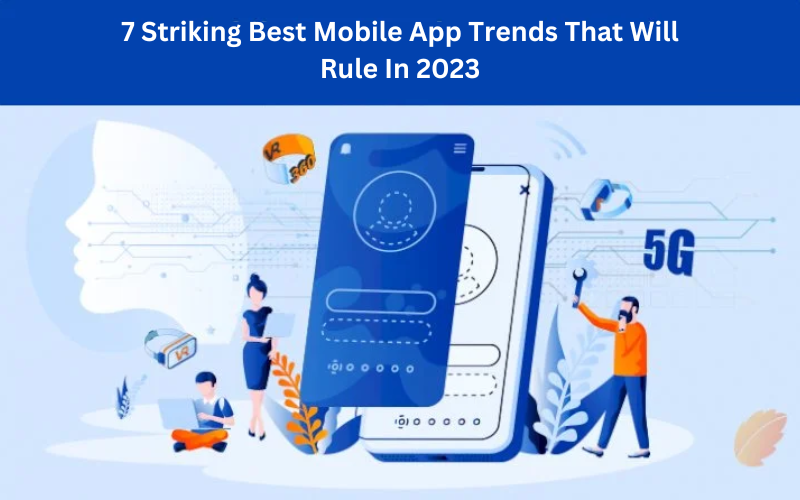The 7 Stages of Mobile App Development
What is Mobile App Development?
The 7 Stages of Mobile App Development
1. Researching and Strategizing
Any mobile app idea can only be successful when you have done in-depth research on the current market and competitors. In fact, you must have a clear objective for your mobile application that will be providing some value to the customers. You have to start learning about the customer persona and their unique needs. Then, you also need a competitor analysis and prepare yourself to have a competitive advantage.
2. Plan Your App
In this stage, you have to define a road map that will help you convert your abstract idea into a real-world mobile application. Thus, you must note down all the functional requirements that you will need in your app.Furthermore, you will also need to determine the budget and the team requirement to execute the mobile app development process with ease. It is advisable to hire a top mobile app development company to make the development super simple without any hassles.
3. UI/UX Designing
Having a stunning and user-friendly design is very important to ensure the best user experience. You must remember that the UI/UX of your mobile app should be very interactive, user-friendly, minimalist, and intuitive.The designers will have to begin the work by defining the workflows and architecture of the mobile app. It is very important to carefully define the user journeys and every possible interaction with the mobile app. Plus, you have to define the various roles and privileges of users to access the app’s information architecture.
Next, your designers will be drafting the wireframes of your app to get the first visual representation of the product. It is a very cost-effective process to gain insights into the initial design layouts and user experience. After this, we have to create mockups to get the final visual look for the mobile application.
These mockups can be created by using Adobe Photoshop or Figma. Next, it is important to work on the final prototype to get a clear clickable visual interface for your mobile app. These prototypes are very important for the initial testing of the design and functionalities.
4. Core Development Process
This stage is the most critical stage in the mobile app development process. Here, the developers have to work on the front-end, API(s), and back-end of the mobile application.They start by working on the back-end part, which serves as the backbone of the mobile app. It consists of various back-end technologies required for different functionalities. You might need to make additional changes in the back-end if you want to implement custom features.
After working on the back-end, developers have the responsibility of integrating the suggested APIs for different functionalities and use cases. In fact, they have to implement the right API for a particular functionality.
Lastly, developers will be focusing on the client-side of the application i.e. the front-end. This part is also very important as the users will directly interact with the front-end.
5. QA Testing
The mobile app development process cannot be completed with rigorous testing. In fact, it gives businesses the great opportunity to discover potential bugs, glitches, errors, etc. A leading mobile app development company would always conduct strict testing procedures to ensure a quality product. Thus, you have to be involved in the following testing procedures;- User experience testing
- Functional testing
- Performance testing
- Security testing
- Device and platform test
6. Deployment Process
The mobile app development process comes to its final stage when you are able to successfully deploy the app on respective app stores. However, this process is also very complicated since the developers have to maintain a strict checklist to abide by the guidelines of the Google Play Store and Apple App Store. The developers from a leading mobile app development company will help you to create developer accounts on each platform. Then, they will deploy your app with the following metadata;- Title of the app
- Description
- Category
- Keywords
- App Icon
- In-app Screenshots
7. Considering Feedback and Maintenance
The mobile app development process might have ended on paper. However, you need to provide constant support to your application to make critical changes by learning from user feedback.There are high chances that something might go wrong even after the deployment. Thus, a team of mobile app developers should be there to make critical changes or maintain the mobile app. In this way, you can ensure a better user experience and customer satisfaction.
Summing up
Those were the 7 stages of the mobile app development process. If you want to develop your own mobile app, then it would be advisable to hire a leading mobile app development company instead of doing it on your own. MobileCoderz has an expert team of mobile app developers, designers, QA experts, and project managers to transform your creative ideas into real-world applications.If you want to read more blog you can CLICK HERE




Fantastic job! You’ve broken down a complicated topic into clear, actionable points. This is incredibly helpful—looking forward to more of your insights!
ReplyDeletefantasy sports app development services